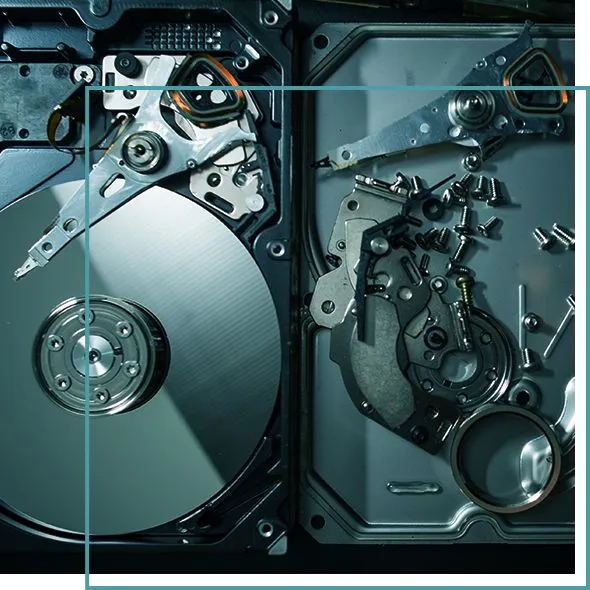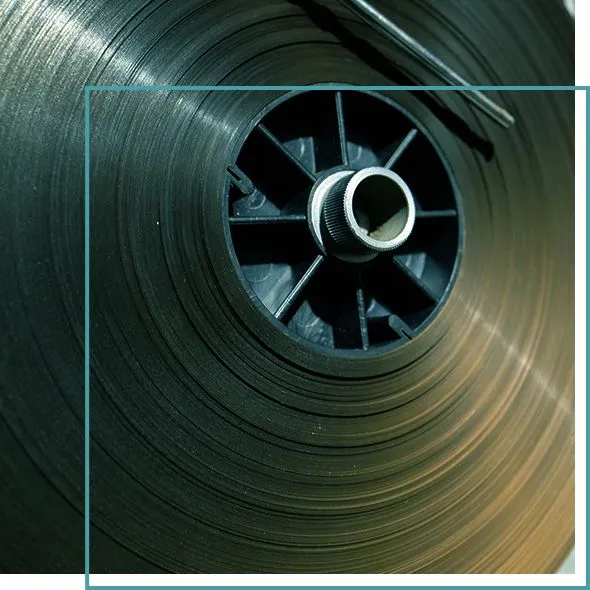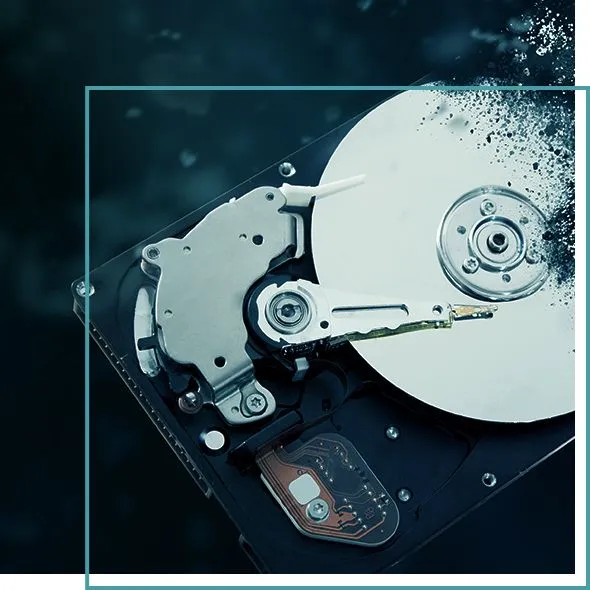Know the Storage Lifespans of Your Archival Data Cartridges
Archival backups can provide crucial protection from ransomware attacks and other disasters. There’s just one issue: For the backups to be useful, they need to be in readable condition. That’s not always guaranteed.
Most data tape formats can reliably store information for decades — but improper storage conditions can significantly limit their lifespan. Without duplicate backups, an archive can become unusable over time. To prevent a disaster, businesses need to check backups regularly and duplicate older archives to newer formats (or simply create additional copies of mission-critical media).
To make sure your data is safe, you’ll need to determine the storage lifespan of your data cartridges and plan appropriately. Here’s a look at the lifespans of some of the most popular tape formats.
An important caveat: Many factors can affect storage lifespans and library management decisions, which we’ll discuss for each format. Additionally, some tape drive manufacturers avoid providing guaranteed life expectancies; to provide accurate information, we used primary resources where possible, along with third-party research.
DDS & DAT Data Tape Life Expectancy
DDS Lifespan: 10+ years.
Factors to Consider: Based upon the Digital Audio Tape (DAT) format, DDS offered a storage capacity of up to 600 gigabytes. The format is largely obsolete, but is still occasionally used for archival storage.
DDS cartridges were inexpensive, but as with other formats, the cartridges are susceptible to changes in humidity or temperature. Additionally, many DDS drives were not backwards-compatible with previous generations. The last generation of DDS was released in 2009, so businesses should migrate DDS media to a newer format (such as LTO or TS1160) to ensure that older archives remain accessible.
My data cartridges are older than their rated lifespan. Are they still useful?
Potentially. At Total Data Migration, we’ve restored data from early reel-to-reel systems and archives kept in extreme heat and humidity. While the safest course of action is to build a reliable backup schedule and maintain an appropriate storage environment, you should never assume that older tape archives are unreadable.
Modern data recovery technologies can restore some older tapes, provided that the actual tape retains its magnetization. In some cases, accessing cartridges with well-maintained tape drives can restore usable data. No two archives are the same, and actual storage life expectancies vary greatly due to dozens of factors.
Total Data Migration offers an extensive set of services to restore, migrate, or recover from virtually any cartridge format. We maintain a library of modern and legacy devices, and by maintaining strict chain-of-custody, we can securely handle tapes to meet your organization’s goals.
Whether you’re recovering from a disaster or planning to prevent long-term data loss, our experts can provide essential guidance. Contact us at (800) 460-7599 or email us to get started.
Contact Us Today
Get a Free Consultation
In a fast-paced world, no business has time to deal with out-of-date legacy systems to retrieve valuable data. Instead, it is imperative to the growth of your business that you have the data safely recovered, restored, and migrated to media types that are safe, accessible, and cost-effective.
TDM, offering global tape-based data restoration services and global data restoration support, is here to help your business make the transition to modern data storage systems. If you are in need of tape-based data restoration, we urge you to reach out to an experienced member of our team. We would love to discuss our data recovery and migration solutions with you, as well as how they can benefit your business.







